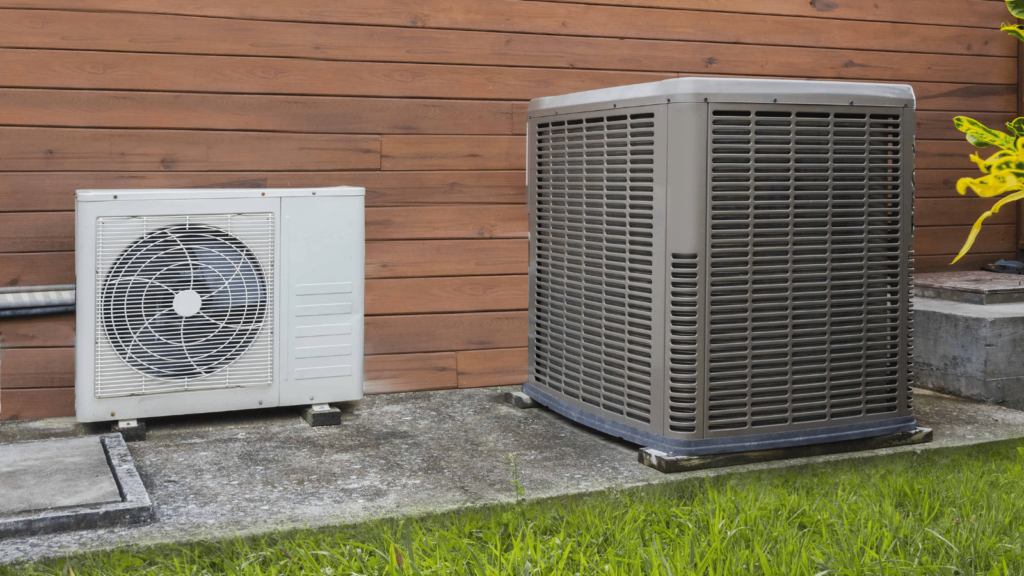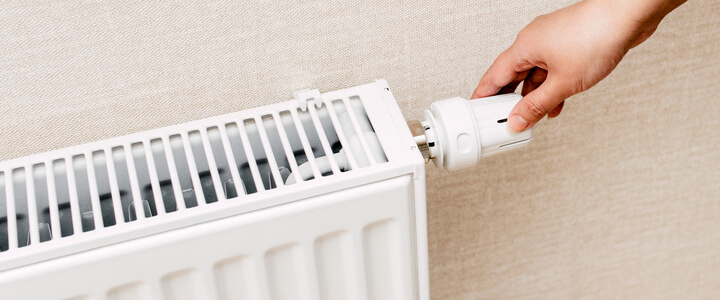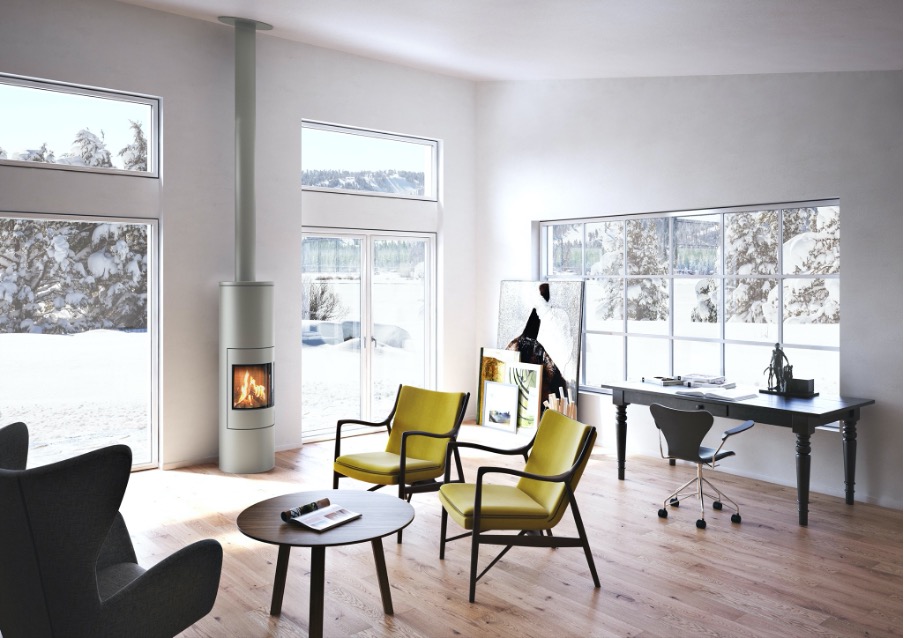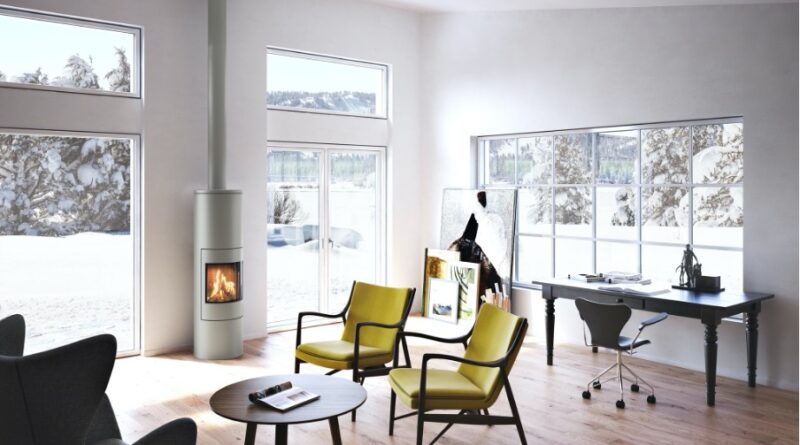Selecting the optimal heating system for your home begins with a professional analysis of your needs and the property size. Major factors, including efficiency, energy source, and maintenance requirements, must be considered before settling on a solution.
For professional guidance on the best heating system that fits your needs, contact Diamondback Plumbing and Cooling.
Efficiency

source: pinterest.com
An energy-efficient heating system is both economical and environmentally friendly. This is because it uses less energy to generate the same amount of warmth, thereby cutting utility costs and carbon emissions.
But the most energy-efficient heating method depends on various factors such as energy costs, climate trends and home layout – these should all be considered before selecting your system.
Furnaces, boilers and heat pumps are the main types of heating systems. Furnaces use either gas or geothermal energy as their source and offer cost-efficient heating and cooling capabilities with ductwork distributing air evenly throughout a home.
Boilers are popular in cold climates where oil-powering boilers are available – however, oil pollutes the air and may contaminate water sources; some companies offer eco-friendly fuel options blended with biodiesel.
Heat pumps combine heating and cooling systems in one. In the summertime, they help remove excess heat from your home while simultaneously providing cooler air from outside. Come wintertime, they switch roles, bringing warm air from outside instead. Though initially more costly to install than other options, heat pumps could potentially pay for themselves over time through reduced energy costs.
Energy source

source: serviceslevel.us
It is imperative that when choosing a new system for your home, it takes into account both its energy source and how much heat your house requires, as home heating expenditures account for roughly one-third of all household energy bills, and prices are only growing. A load calculation conducted by an HVAC professional is one way of doing just this.
The resultant number will help you select an efficient and cost-effective heating system. In addition, consider what kinds of fuels are available in your area as this may further limit or expand your options; pure heating oil is a fossil fuel that could pollute air and water sources if spilled, while natural gas and electricity are renewable and eco-friendly choices.
Residential furnaces tend to be the most cost-effective heating option. They can run off natural gas, geothermal energy or electric power; however, in cold climates, boilers or heat pumps might be better options.
Select an appropriately sized system for your home – something too small will work harder, increasing energy costs and decreasing efficiency. Furthermore, make sure your home is well insulated to reduce energy loss.
Maintenance

source: oceanup.com
Maintenance requirements of a heating system can have a major effect on its cost. Routine cleaning, filter replacements, and dust prevention will keep it functioning as efficiently as possible and help lower energy bills, ensure system safety, diagnose potential issues quickly, and enable swift action to be taken by homeowners.
Homeowners hoping to maximize savings may consider investing in high-efficiency systems, which can lower energy usage by up to 70% and raise a property’s value. These systems usually come with a larger upfront cost.
At its core, selecting the appropriate heating system for a particular home will depend on its location and climate. A home in a moderate climate might benefit more from using a heat pump, while gas furnaces might work better in colder environments.
Insulation levels in your home should also be considered since improper insulation allows heat to escape through walls and floors and unnecessarily strains your furnace, reducing its lifespan and efficiency.
You can improve its insulation by installing new doors and windows and sealing gaps around existing window frames or edges to increase its effectiveness.




